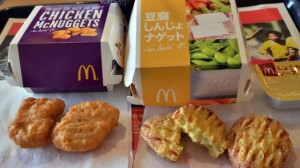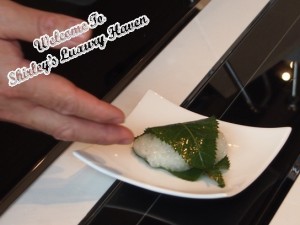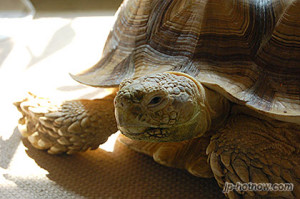A customer who bought a Big Mac meal in Japan was shocked to discover a human tooth in the fries – in the latest food safety scandal that has led to plummeting sales in the country this year.
 Japanese officials apologized to the customer for the incident, which occurred in August last year, and said none of the employees at the branch in question had lost a tooth.
Japanese officials apologized to the customer for the incident, which occurred in August last year, and said none of the employees at the branch in question had lost a tooth.
They added there were no signs the tooth had been fried – and said they are investigating how it came to be in the fries.
Senior executive Takehiko Aoki said: ‘To make such cases zero is our goal. We are doing our utmost to tackle them, one by one.’
He added: ‘I will eat McNuggets. I will feed McNuggets to my children. I have no doubts.’
McDonald’s is extremely popular in Japan with more than 3,000 restaurants.
But a series of recent scares, including customers finding fillings and plastic in chicken nuggets, has led to the company reporting its first annual operating loss in Japan.
Sales for January fell by a record 39%, and over the course of 2014, losses totaled 6.7billion yen – or $57 million. This is compared with an operating profit of 11.5billion yen a year earlier.








